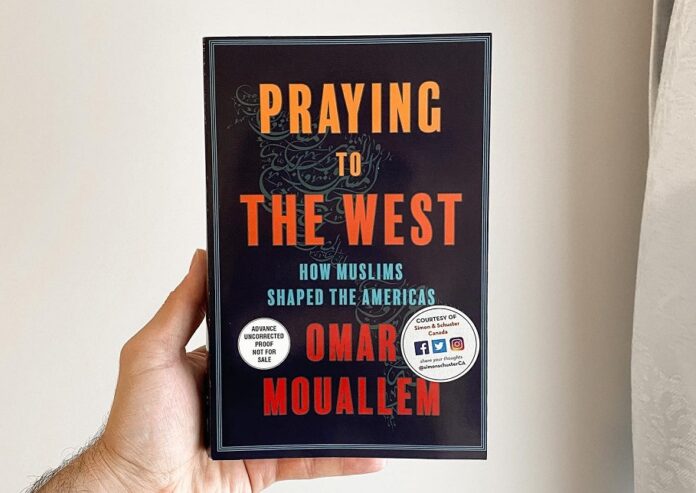MALAWI: Omar Mouallem’s new book paints a diverse and surprising picture of Muslims in the Americas whose history stretches back hundreds of years.
This publication has the more relaxed pace of a book rather than a reported piece, and the Canadian author goes deeper than a lot of reporting on the topic that doesn’t look deeper than the mid-century Black Muslim community of civil rights leaders such as Malcolm X and Muhammad Ali.
With the opening of both Canada and the US to immigration after World War II, Muslim communities in North America began to expand and diversify. Often schisms formed, leading to new mosques and new communities.
In his own search for deeper roots, Mouallem travels beyond his native Canada and the US. He visits Mexico, Brazil, as well as Trinidad and Tobago — and Salvador, Brazil where Muslim slaves, inspired in part by the Haitian Revolution, rose up against their overlords in 1835. Of course in North America, too many Muslims were brought to the US as slaves and likely established small communities, none of which survive to the present.
Brazil abolished slavery in 1885 and by some estimates as late as 1910 the country was home to a Muslim population of some 100,000 people. The reportage in the book is bolstered by a strong review of academic sources.
The book also addresses the tricky question of what was the “first mosque” in the US. Mouallem visits the state of North Dakota where the first mosque opened to serve Levantine farmers in 1929. It is often considered the first mosque but Mouallem admits there are other claimants.
Mouallem’s book discusses the founding of the Highland Park Mosque in Detroit in 1921, though it unraveled a year later. There are other claimants as well; a group of Albanian Muslims working in the timber industry in Maine in 1915 used an accounting office for communal prayer. A group of Polish Tatar Muslims founded the American Mohammedan Society in 1907, and that community, which has used a number of prayer spaces over the years, still exists today.
As diverse and pluralistic as the US is, it should be no surprise that there are many “first mosques.”

